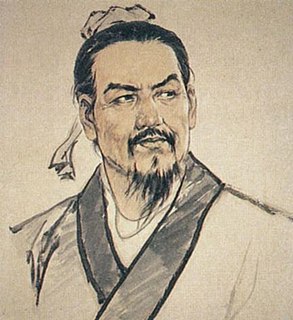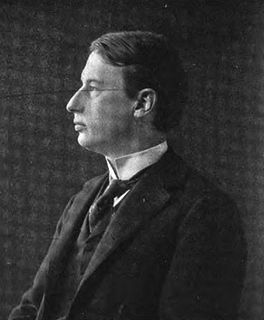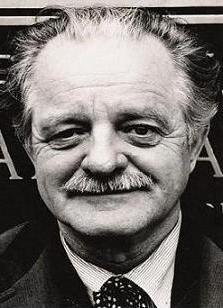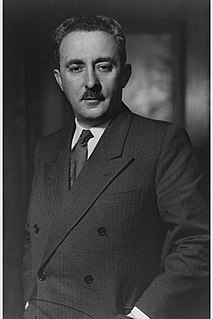A Quote by Han Fei
The intelligent ruler does not value people who are of themselves good without rewards and punishments. Why is that? The laws of the state cannot be neglected, and it is not one man who is being ruled.
Related Quotes
Our whole evolution has reached a stage where nearly every man is either ruler or ruled; sometimes he is both. By this the attitude of dependence has been greatly strengthened, for a truly free man does not like to play the part of either the ruler or the ruled. He is, above all, concerned with making his inner values and personal powers effective in a way as to permit him to use his own judgment in all affairs and to be independent in action.
The good of the governed is the end, and rewards and punishments are the means, of all government. The government of the supreme and all-perfect Mind, over all his intellectual creation, is by proportioning rewards to piety and virtue, and punishments to disobedience and vice. ... The joys of heaven are prepared, and the horrors of hell in a future state, to render the moral government of the universe perfect and complete. Human government is more or less perfect, as it approaches nearer or diverges further from an imitation of this perfect plan of divine and moral government.
About God, I cannot accept any concept based on the authority of the Church... As long as I can remember. I have resented mass indoctrination. I cannot prove to you there is no personal God, but if I were to speak of him, I would be a liar. I do not believe in the God of theology who rewards good and punishes evil. His universe is not ruled by wishful thinking, but by immutable laws
We are born knowing nothing and with much striving we learn but a little; yet all the while we are bound by laws that hearken to no plea of ignorance, and measure out their rewards and punishments with calm indifference. In such a state, humility is the virtue of men, and their only defense; to walk humbly with God, never doubting, whatever befall, that His will is good, and that His law is right.
The moral issues with which Marcus struggles would be, as he points out, unchanged whether the universe were mechanical and devoid of meaning or value or ruled by deity or Providence; whether the will were in fact free or determined; whether there were or were not a future life, or any even fugitive rewards and punishments at all.
There are three points of doctrine the belief of which forms the foundation of all morality. The first is the existence of God; the second is the immortality of the human soul; and the third is a future state of rewards and punishments. Suppose it possible for a man to disbelieve either of these three articles of faith and that man will have no conscience, he will have no other law than that of the tiger or the shark. The laws of man may bind him in chains or may put him to death, but they never can make him wise, virtuous, or happy.
Phronimos, possessing practical wisdom . But the only virtue special to a ruler is practical wisdom; all the others must be possessed, so it seems, both by rulers and ruled. The virtue of a person being ruled is not practical wisdom but correct opinion; he is rather like a person who makes the pipes, while the ruler is the one who can play them.






































